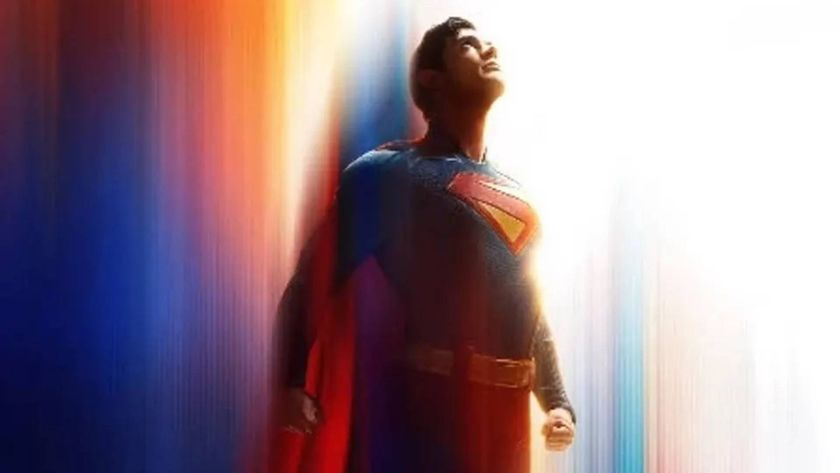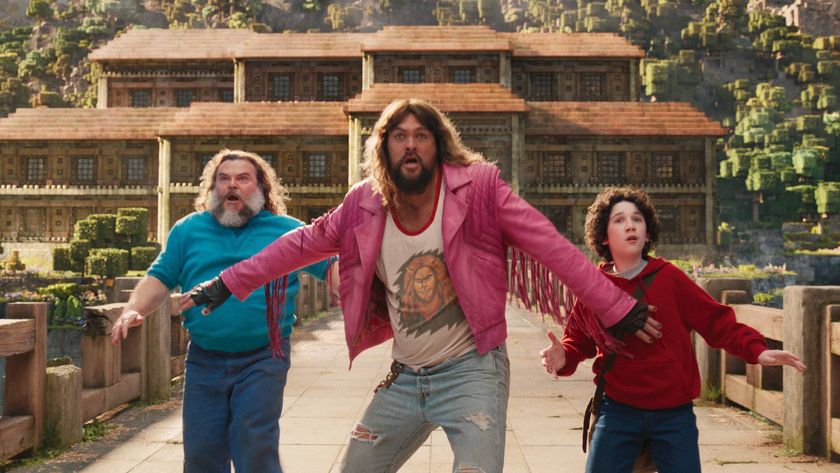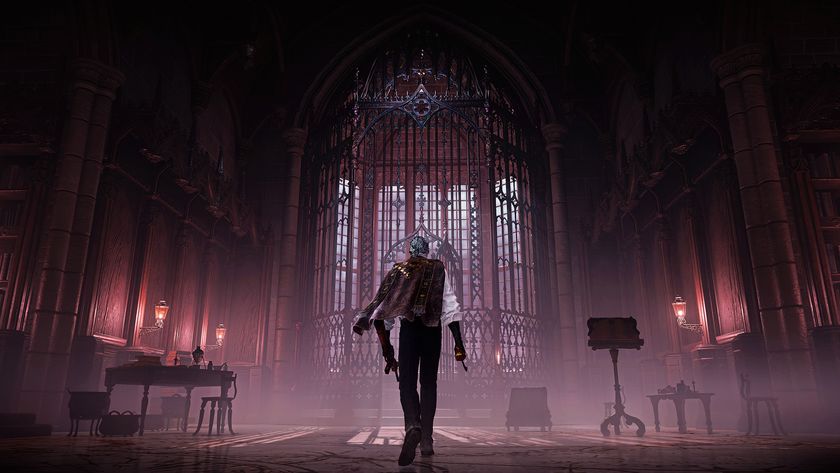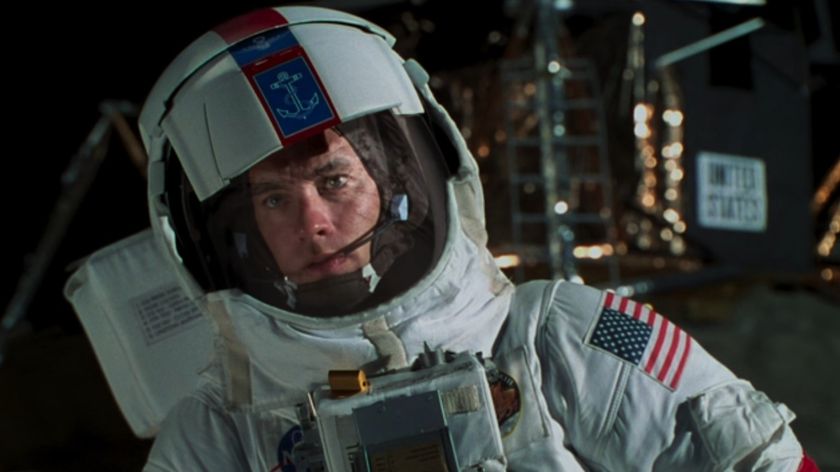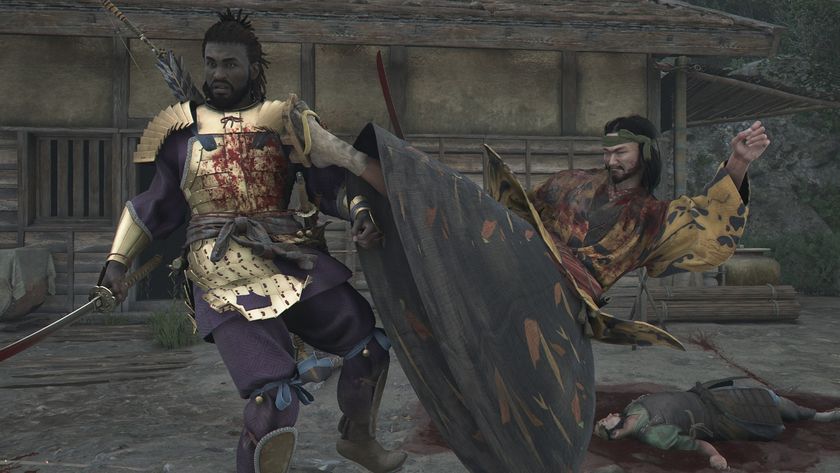Ken Russell: 11 Iconic Films
Remembering the firebrand director...
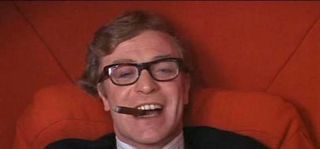
Billion Dollar Brain (1967)
After beginning his career as a photographer and documentary maker, he made TV films before branching out into features. He made his debut with frothy comedy French Dressing , before helming this spy caper.
Billion Dollar Brian was based on a novel of the same name by Len Deighton and was the third film in the Harry Palmer series starring Michael Caine.
He plays an ex-MI5 agent who is told to take a package to Helsinki, without knowing it contained virus-filled eggs stolen from the British government's research facility. He is then coerced into working once more for the secret service and in an attempt to recover the stolen virus for the British.
Never one to keep his opinions hidden, Russell made the movie as part of a contractual obligation to the BBC, saying he didn't want to do it, but that "it was shoved down my throat."
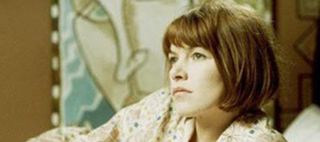
Women In Love (1969)
Women In Love was an adaptation of the controversial '20s DH Lawrence novel of the same name, and it went on to become as much of a calling card for Russell as it was for Lawrence.
The story focuses on the relationships between two sisters and two men in a Midlands mining town during World War 1. Leading lady Glenda Jackson won an Oscar for Best Actress and Russell was also nominated for Best Director, which was his only recognition from the Academy.
Oliver Reed is also unforgettable as the young mineowner, in one of his most muscular, revealing roles (not least in the scene in which he wrestles nude with Alan Bates).
Look beyond the controversy, however, and there's plenty to enjoy, including a piercing insight into relationships across the class, and gender, divides.
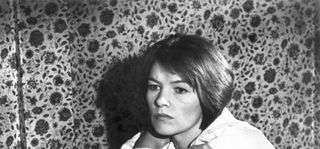
The Music Lovers (1970)
Perhaps galvanised by the reception of Women In Love , Russell reunited with actress Glenda Jackson for this 'spirited' biopic of 19th Century musical maestro Tchaikovsky.
The dialogue is often stripped backed, with precendence given to flashbacks, nightmares and fantasy sequences set to Tchaikovsky's music.
The film shows Tchaikovsky witness the death of his mother from cholera which leads to his mental health issues as an adult. The closeted gay composer struggles with his attraction to Count Anton Chiluvsky during his sham marriage to Antonina Miliukova.
He eventually brings about his own death after purposefully drinking cholera-contaminated water, though it's altogether more colourful tale than the grim synopsis suggests.
The Music Lovers was considered vulgar and shocking by critics for its frank sexuality, though viewed on its own flamboyant terms, it's actually a great deal of fun.
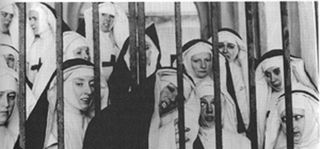
The Devils (1971)
The Devils was Ken Russell's most controversial movie and has never been released in its entirety.
The content was considered to be so shocking that Warner Brothers refused to release the film without making several cuts and changes, but the film has gone on to gather a healthy cult following nonetheless.
Partially based on the 1952 book The Devils Of Loundon by Aldous Huxley, the story focusses on the rise and fall of Urbain Grandier, a 17th Century French priest who was exectued for witchcraft.
The Devils ' more sensational scenes, such as the nuns' unconvential behaviour and the disturbingly violent and sexual nature of many scenes, saw it banned in several countries. The UK theatrical cut is getting a DVD release in March 2012.
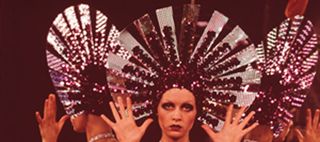
The Boy Friend (1971)
Ever the genre/style/tone-hopper, Russell's follow-up to The Devils couldn't have been more different.
The Boy Friend was based on the successful West End and Broadway musical of the same name. The film version starred model Twiggy, who won two Golden Globes for this role for (Best Actress in a musical and Best Newcomer) for her troubles.
The Boy Friend was a comedy based in a seaside town where the drama company are performing a show at the local theatre. On the night that the leading lady is replaced by her shy understudy Polly Brown (Twiggy), the cast are visited by a film director.
Polly isn't so concerned with the role she is required to play, but more with Tony, the leading man who she is in love with. Despite the awards, The Boy Friend hasn't enjoyed quite the same longevity as The Devils .
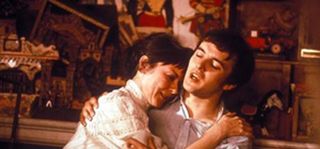
Savage Messiah (1972)
To continue making idiosyncratic films on his own terms, Russell largely stumped up the finances for this biopic himself.
Savage Messiah told the life story of eccentric French sculptor Henri Gaudier-Brzeska, taking inspiration from the novel of the same name by HS Ede.
It tells the story of 18-year-old Gaudier-Brzeska and his relationship with a woman 20 years his senior.
Savage Messiah starred Helen Mirren, whose nude scene caused a lot of controversy and shock amongst critics at the time, something Russell was obviously partial too.
He followed this one with another biopic, Mahler , which became a rare box office success despite the standard trappings of religion, relationships, flashbacks and fantasies.

Tommy (1975)
The success of Mahler didn't compare to the mainstream love that greeted Russell's Tommy , possibly his most widely-seen movie.
It was a musical taken from The Who's 1969 rock opera, and it came packing an impressive cast including Roger Daltrey, Ann-Margret, Oliver Reed, Elton John, Tina Turner, Eric Clapton and Jack Nicholson.
Tommy centred on a young boy who becomes deaf, dumb and blind through traumatic experiences as a child. His mother takes him to see various professionals in an attempt to cure him, but they are unsuccessful. As a grown-up lad, he discovers a pinball machine in an old junkyard and becomes a famous champion.
Despite the weighty central theme of a broken childhood, this is as flamboyant and garish as they come.
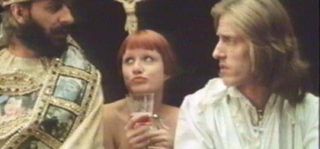
Lisztomania (1975)
Before Tommy had even been released, Russell was already busy at work on his next movie, collaborating once again with The Who's Roger Daltry.
Lisztomania was loosley based on the novel Nelida by Maria d'Agoult about her affair with larger-than-life composer Franz Liszt (Daltrey).
Liszt, as colourful and camp as you expect from the protagonist in a Russell musical, is portrayed as the first classical 'popstar' of the age.
His popular performances were crammed full of screaming women, and during his life he found time for so many affairs that his eventual marriage was forbidden by the Pope himself (Ringo Starr - no kidding).
This condemnation of his lifestyle helps him to see the apparent error of his ways, and he takes on a monastic lifestyle. The themes, songs and characters are as big as you'd expect ( TF called it "Confessions Of A Rocky Horror Amadeus" ), but this didn't earn quite the same adoration, and lasting legacy, as Tommy .
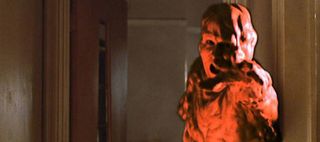
Altered States (1980)
Russell's next notable movie marked a rare shift into sci-fi territory, but the change in tone didn't herald a shift in themes: religion and sexuality still run deep here.
William Hurt had one of his more memorable roles, as scientist Eddie Jessup. A professor in 'abnormal psychology', he explores various states of consciousness via a sensory deprivation tank.
Like many God-bothering scientists before him, Jessup battles some unforseen side-effects, as he finds both his mind and body devolving to earlier evolutionary stages.
While it may not have been a musical, the movie's mind-melting atmosphere owes no small credit to the Oscar-nominated sound design and John Corigliano's score.
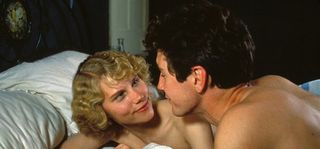
The Rainbow (1989)
Russell returned to author DH Lawrence's material for The Rainbow , some 20 years after Women In Love . The story actually serves as a prequel to Women In Love, so it's fitting that Russell directs.
Glenda Jackson also appears in The Rainbow but as the mother of the character she played in Women In Love.
The story centres on Ursula (Sammi Davis), a young woman from a farming family, and her relationship with Winifred, an older women who acts as a guide through the tricky social minefield that is rural England.
This time round, the film didn't garner controversy like the source material did, as it finds Russell on quieter form. That said, his perception of life lived outside of society's restrictive rules on sexuality is as keen as ever.
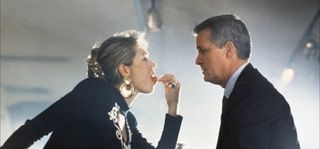
Whore (1991)
Though much of Russell's post-'70s work for TV, he still retained an unique ability to get backs up. Whore was an example of a later Russell film still packing the power to shock.
The film was based on a play written by a London taxi driver who had a conversation with a prostitue he drove in his taxi.
The story follows Liz, who tells the story of how she found herself working as a prostitue. She speaks directly to the audience the whole way through the film, explaining about her difficult life and how she misses her son who is in foster care.
Russell was apparently inspired to make the film as a response to the sanitised portrayal of prostitution in Pretty Woman . Though gritty and unflinching in its look at life on the streets, Whore earned strong reviews (though it's box office couldn't quite compete with Julia Roberts' megawatt grin).
The Total Film team are made up of the finest minds in all of film journalism. They are: Editor Jane Crowther, Deputy Editor Matt Maytum, Reviews Ed Matthew Leyland, News Editor Jordan Farley, and Online Editor Emily Murray. Expect exclusive news, reviews, features, and more from the team behind the smarter movie magazine.
